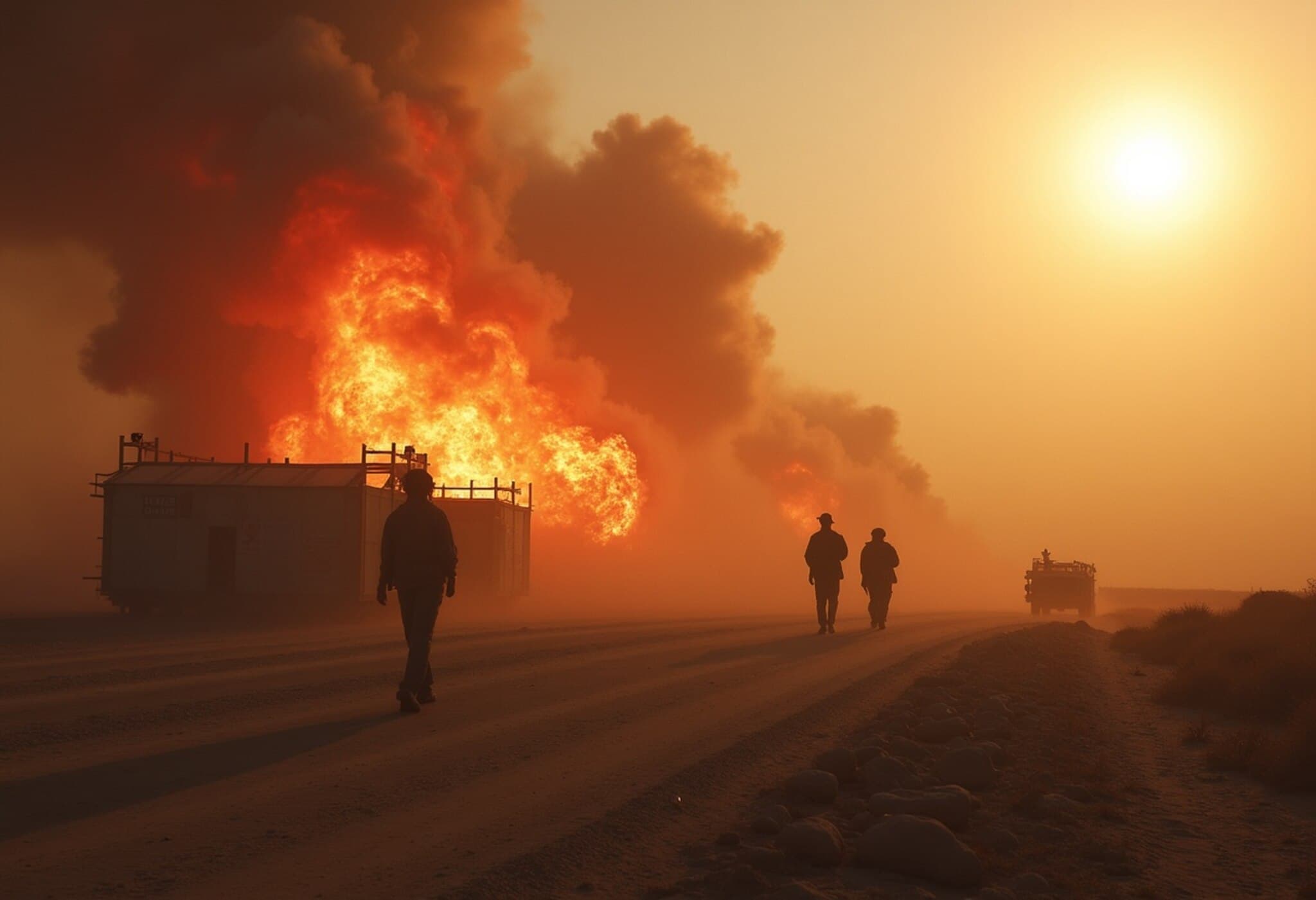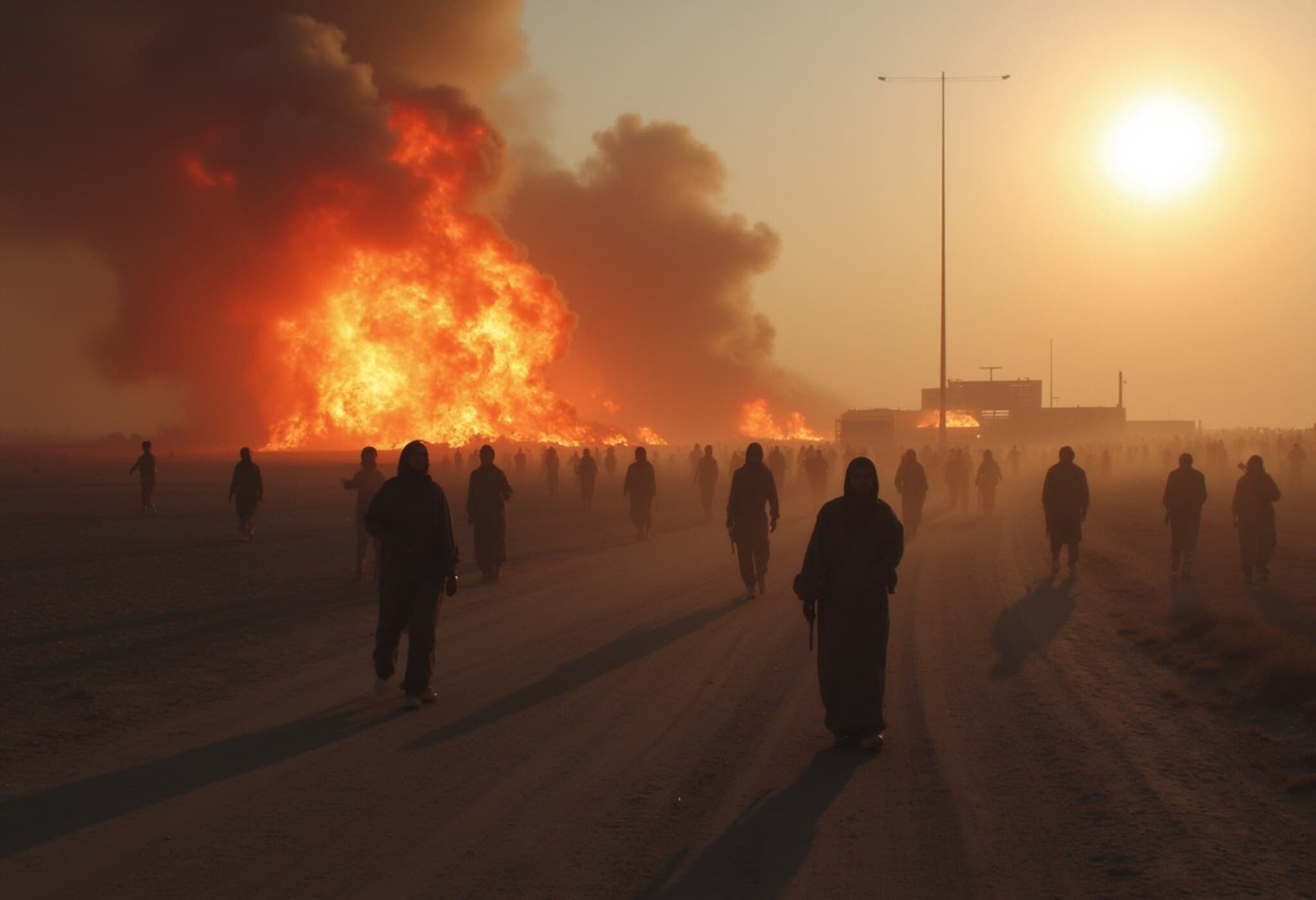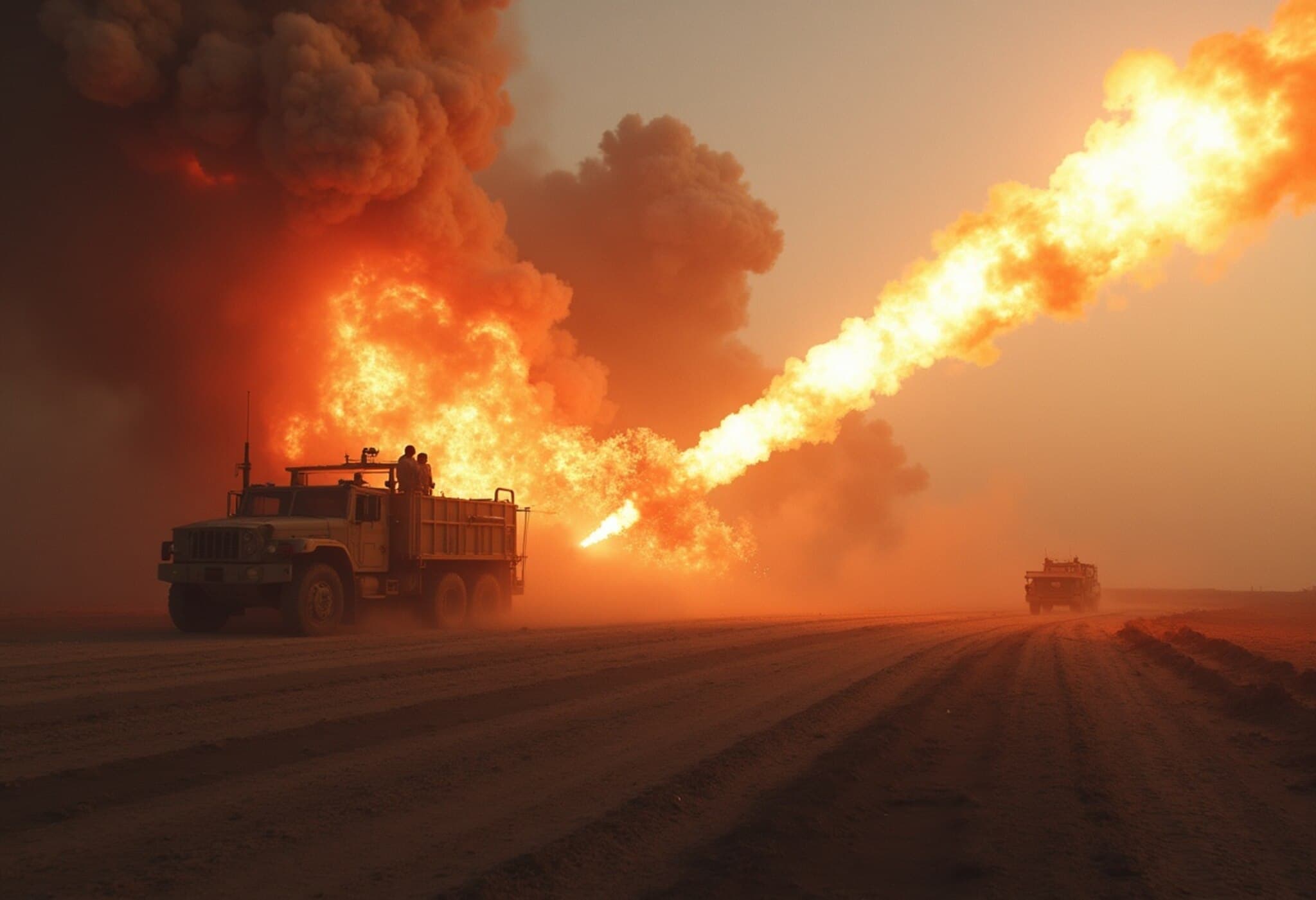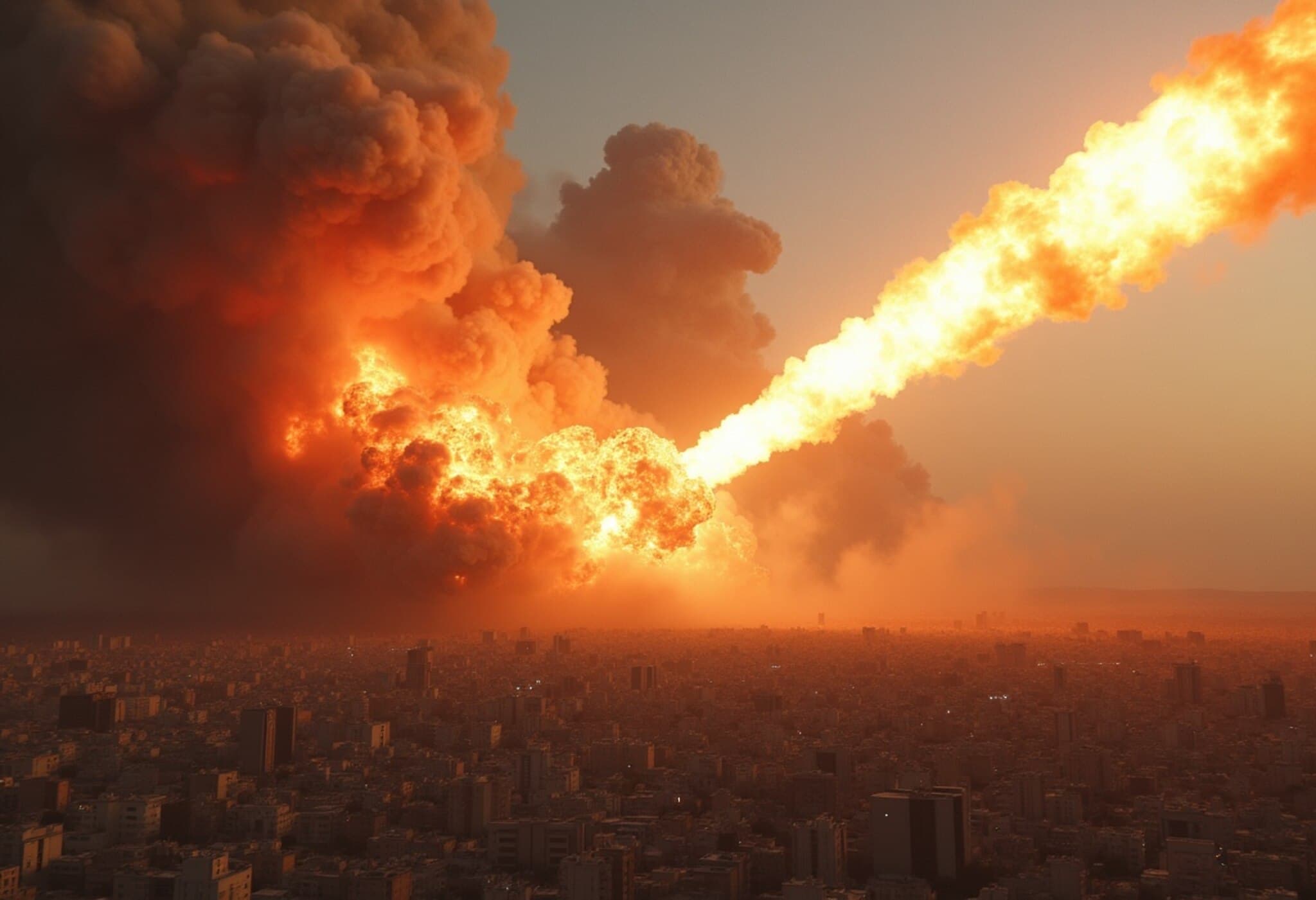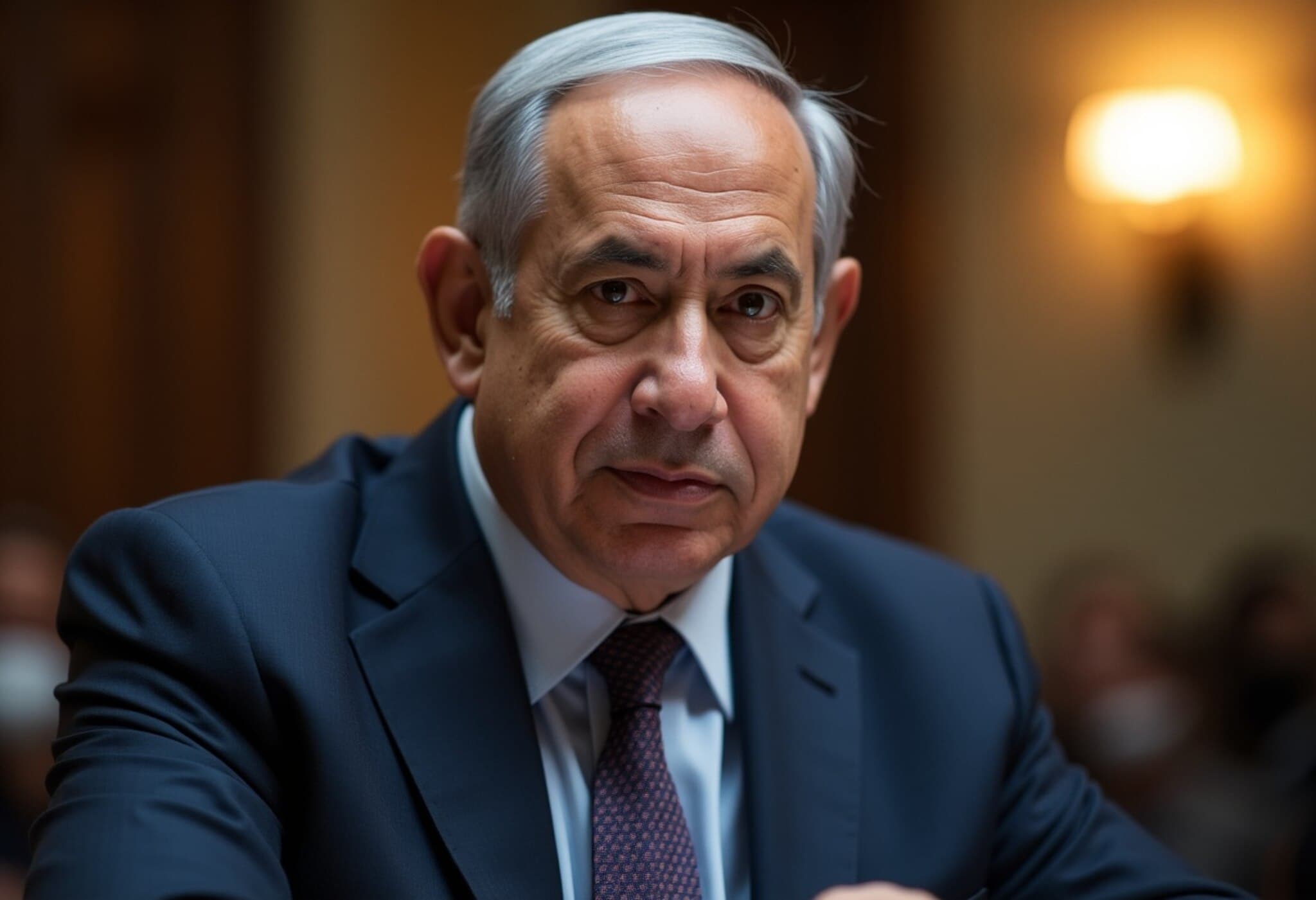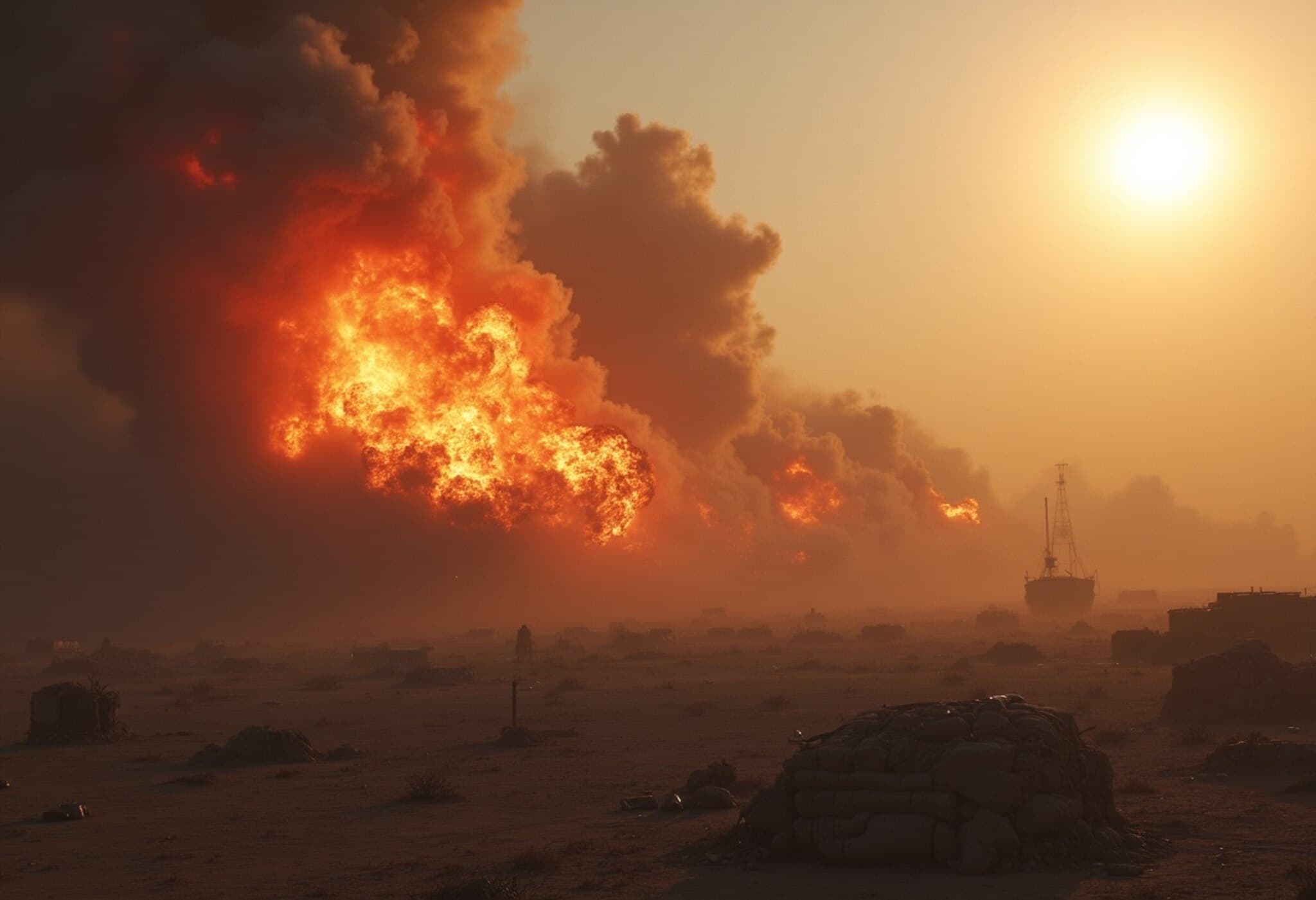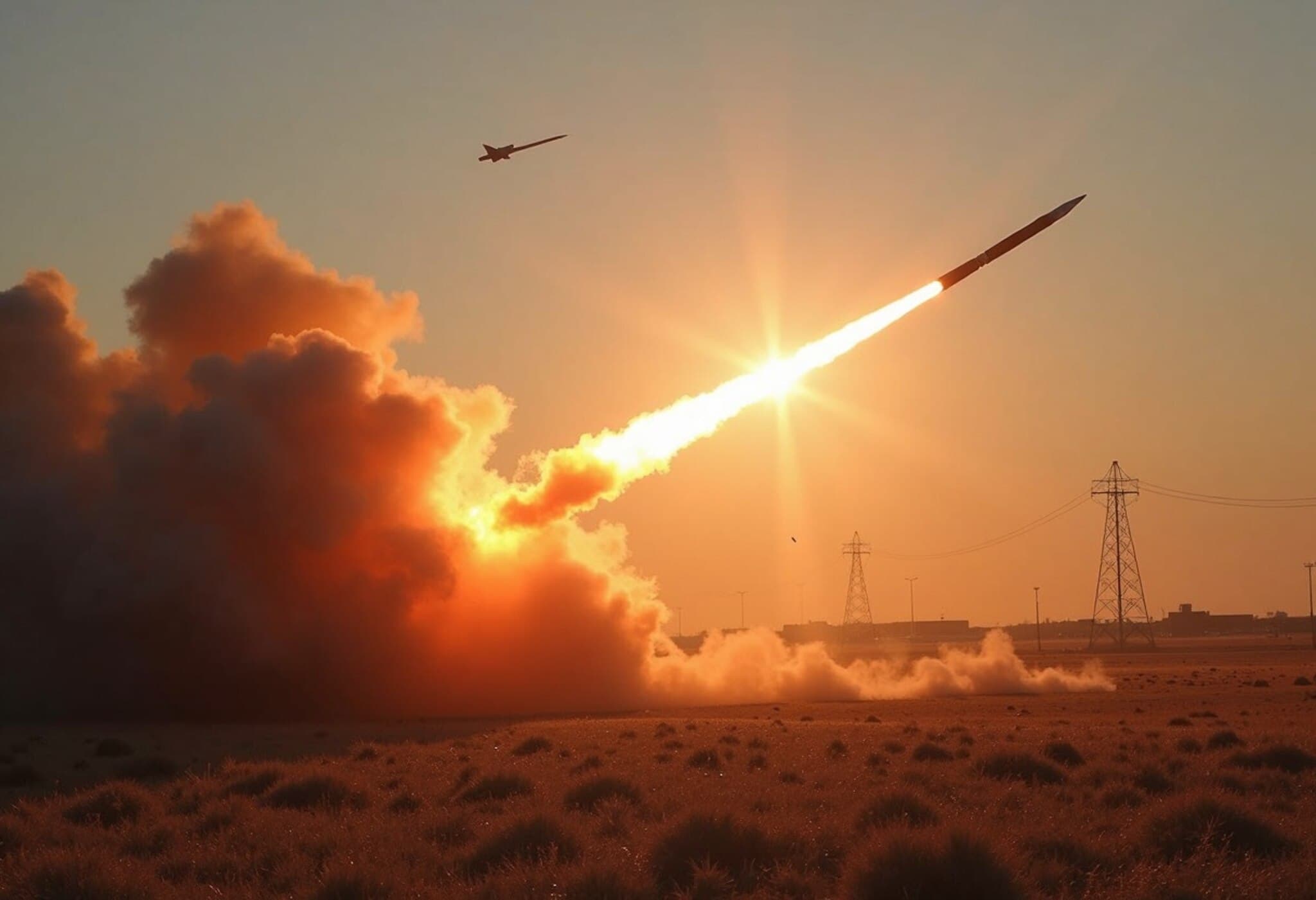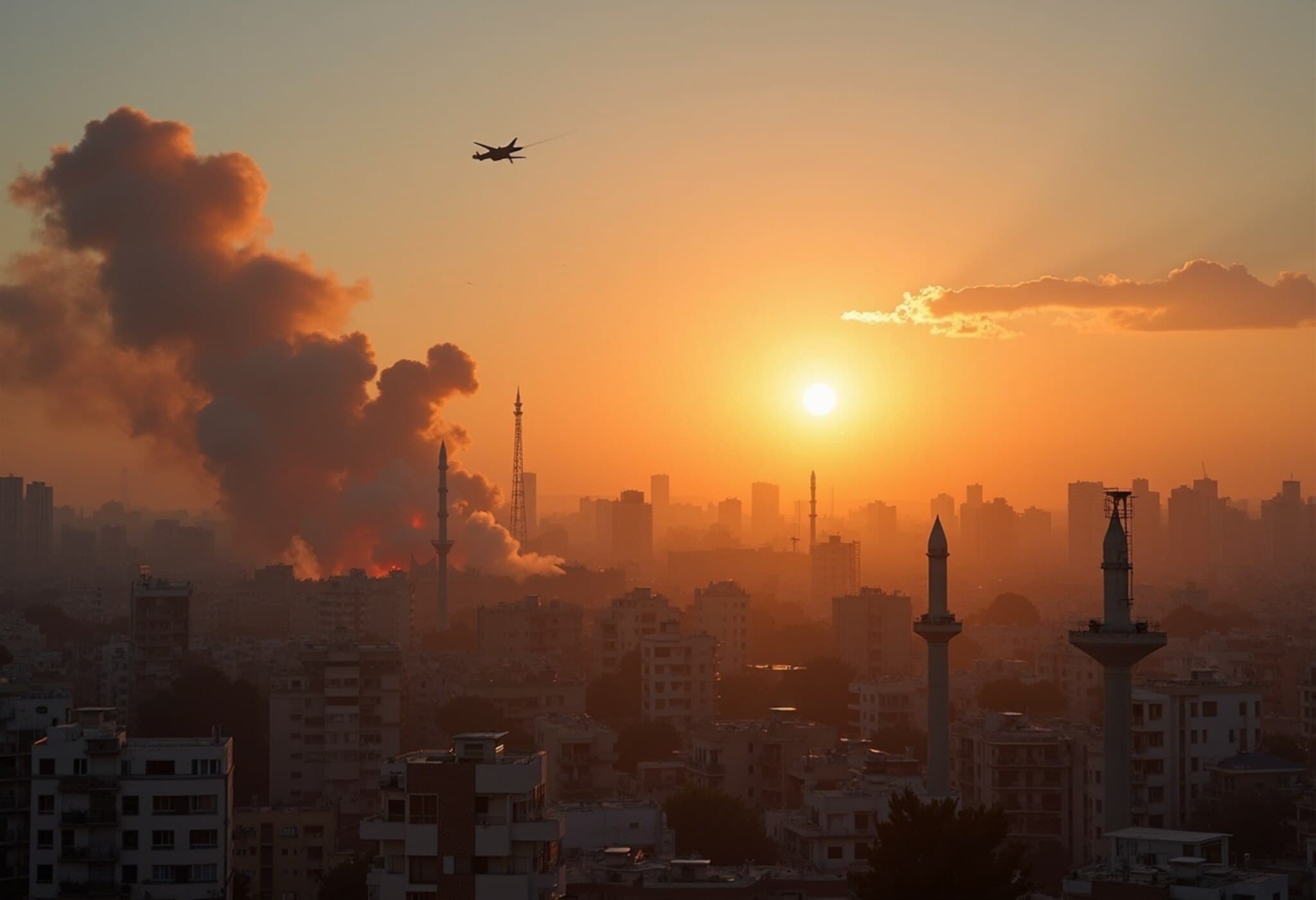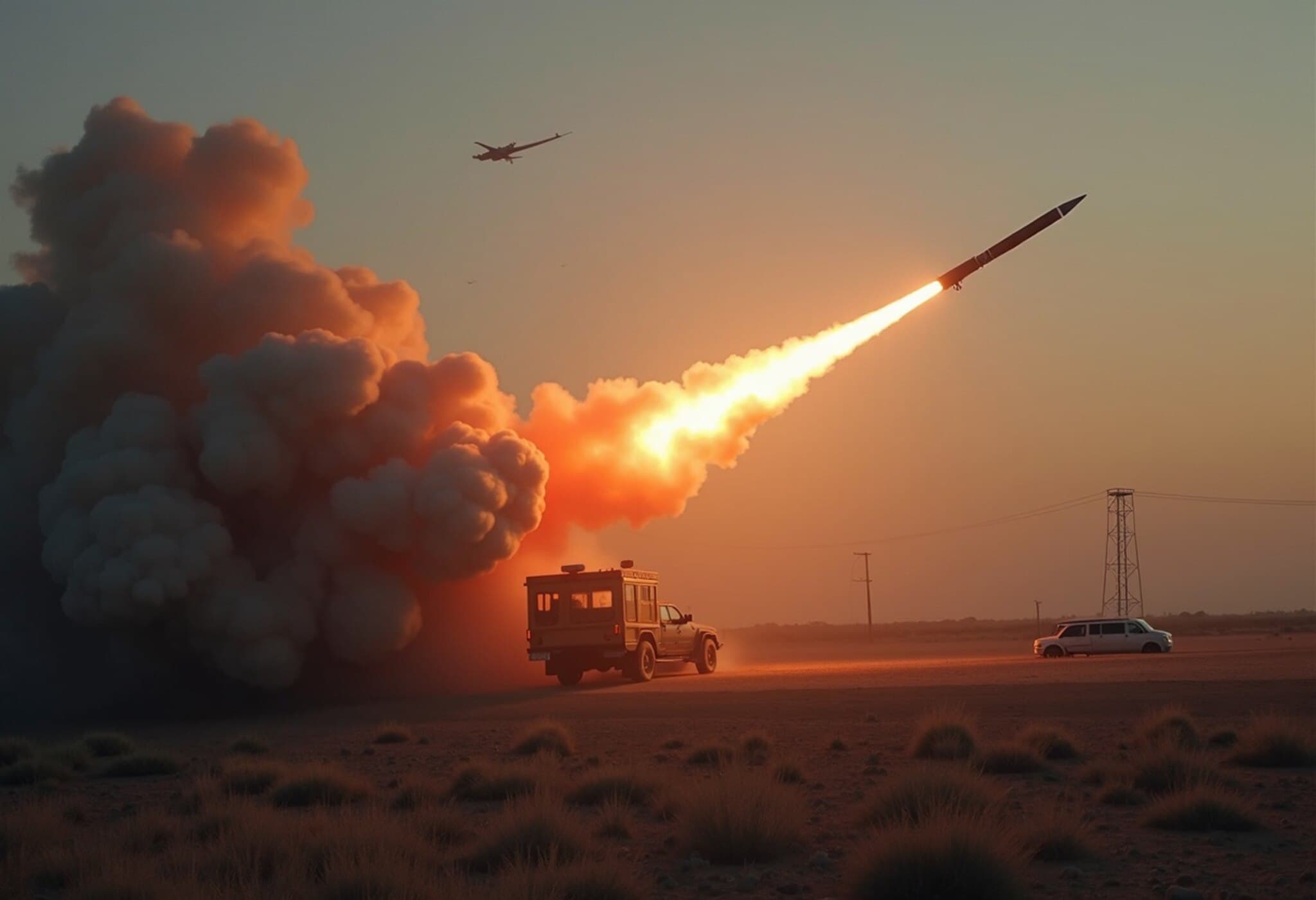Escalating Conflict: Israel Launches Strikes on Iranian Nuclear Facilities
In a significant intensification of hostilities, Israel has launched air strikes overnight targeting key nuclear sites in Iran. The Israeli military confirmed attacks near the Arak nuclear reactor, the Natanz uranium enrichment facility, and the Khondab heavy-water research complex — all integral components of Iran's nuclear program. This marks the seventh consecutive day of Israel’s offensive aimed at dismantling Iran's nuclear and missile capabilities.
Iran Responds with Missile Barrage on Israeli Medical Center
In swift retaliation, Iran has launched a string of missile strikes into Israeli territory, notably hitting a major medical facility in the southern city of Beersheba. The Soroka Medical Center sustained extensive damage, with rescuers describing the strike as a direct hit. Multiple apartment buildings nearby also suffered damage. Although casualties remain unconfirmed, Israeli rescue services have reported at least 40 people wounded from these and other missile strikes across central Israel, including a Tel Aviv high-rise attack.
Casualty Toll and Ongoing Hostilities
The surge in violence has resulted in mounting casualties on both sides. Independent human rights groups estimate that over 639 individuals have been killed in Iran, including 263 civilians, with more than 1,300 injured. In Israel, missile and drone assaults have claimed at least 24 lives and left hundreds wounded.
Impact on Civilians and Evacuations
- Approximately 100 Indian students evacuated safely from Iran under government operation have arrived in Delhi after rerouting through Armenia.
- Australia has initiated the evacuation of its citizens from Israel, signaling growing international concern over regional stability.
Diplomatic Standoff and Military Posturing
Tensions continue to mount as Iran warns against any direct U.S. involvement in the conflict. An Iranian deputy foreign minister cautioned that Tehran holds “all necessary options on the table” should the United States intervene in support of Israel. Correspondingly, Iran’s Supreme Leader issued stern warnings of severe consequences should the U.S. join the military campaign.
Meanwhile, the United States has taken precautionary steps to safeguard its largest military base in the Middle East — the Al Udeid Air Base in Qatar — temporarily restricting access and repositioning aircraft and naval vessels to hardened shelters. The U.S. president has kept the international community uncertain about possible U.S. involvement in the offensive, while Israeli leaders express gratitude for diplomatic support.
Israel’s Determination to Neutralize Iran’s Capabilities
Israel’s ambassador to the United States underscored the country’s resolve not only to dismantle Iran’s nuclear weapons capability but also to eliminate its ballistic missile manufacturing capacity, which has inflicted significant damage during the conflict. The ambassador hinted at complex military strategies required to target Iran’s deeply fortified underground nuclear enrichment facilities.
International Reactions and Ongoing Developments
- Iran’s Atomic Energy Organization condemned the Israeli strikes, labeling them as violations of international law and asserting that preemptive safety measures prevented casualties or radiation risks at the Khondab site.
- The Iranian military reaffirmed commitment to continued attacks against Israeli targets described as “Zionist aggressors.”
- Medical centers in Israel, including hospitals in Tel Aviv and Beersheba, remain operational despite damages and ongoing attacks, prioritizing treatment of the wounded.
As the conflict enters its eighth day, the situation remains fluid with high potential for further escalation. Both sides appear resolute, signaling a prolonged and intense phase of confrontation.

